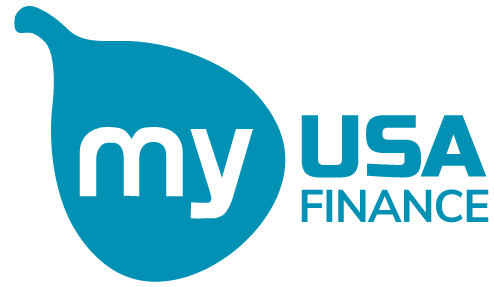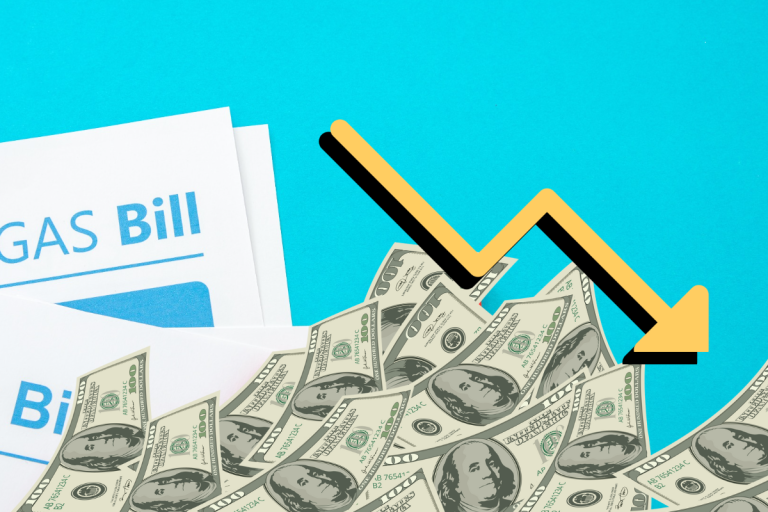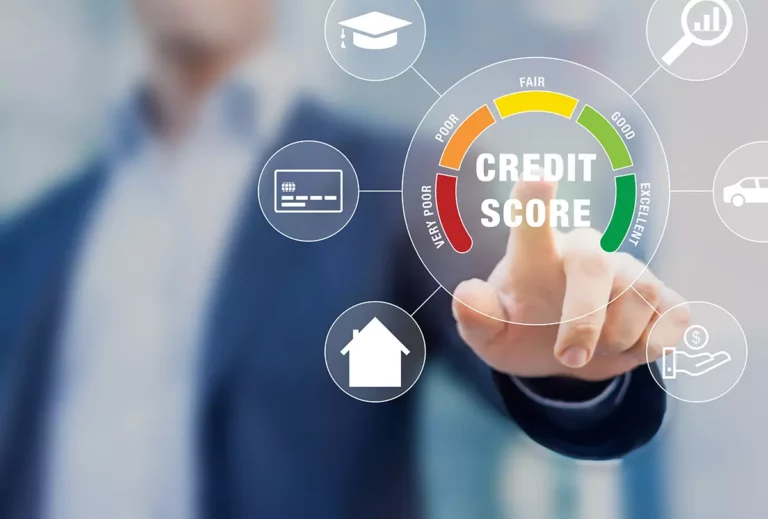If you’re having trouble keeping track of your multiple debts with different interest rates and due dates, debt consolidation might be a good option. Consolidating your debts is when you combine them into one repayment plan, which is easier to manage.
However, before you take out a debt consolidation loan, it’s important to understand how it might impact your finances.
Debt consolidation may help you take control of your finances and move toward financial freedom.
Looking to Consolidate Your Debts?
Explore your options today!
What Is Debt Consolidation?
Debt consolidation is the process of taking out a new loan or credit option to pay off multiple debts. This new loan ideally comes with a lower interest rate than some of your existing debts, helping you save on interest payments over time.
Instead of making several payments to different creditors, you make one monthly payment to the consolidation provider.
You can use a personal loan to consolidate debt by paying off each loan. Most standard personal loans can be used for this purpose, and some lenders offer specialized debt consolidation loans. The lender may either pay off loans on behalf of the borrower or disburse the proceeds so the borrower can make the payments themselves.
How Does Debt Consolidation Work?
Debt consolidation combines all debt into one loan, potentially lowering monthly payments, increasing credit scores, and simplifying finances.
When you apply for a debt consolidation loan, the lender evaluates your financial situation and, if approved, provides you with a loan amount that covers your existing debts. With this loan, you can pay off your outstanding balances to your previous creditors, leaving you with only one loan to repay.
Read More: How Debt Consolidation Works
Need Cash Fast? Get Approved for a Personal Loan Today!
Personal Loans Up To $50K
Types of Debt Consolidation
Balance Transfer Credit Card
A balance transfer involves moving high-interest credit card balances to a new card with a lower or even 0% introductory interest rate. This can save you money on interest and make repayment more manageable.
Personal Loan
Read More: 7 Ways A Personal Loan Can Save You Money
Home Equity Loan or HELOC
If you’re a homeowner, you can use the equity in your home to secure a loan for debt consolidation. Home equity loans and Home Equity Lines of Credit (HELOCs) typically offer lower interest rates than credit cards or personal loans.
Debt Management Plan
A debt management plan involves working with a credit counseling agency to negotiate lower interest rates with creditors. You make a single payment to the agency, which then distributes the funds to your creditors.
Pros and Cons of Debt Consolidation
Pros
- Lower interest rates: Consolidating multiple debts into one loan with a lower interest rate can save money on interest payments over time.
- Simplified repayment: Instead of keeping track of multiple payments and due dates, debt consolidation allows for a single monthly payment, making it easier to manage finances.
- Potential for improved credit score: Making consistent and timely payments on a consolidation loan can positively impact credit scores.
Cons
- Increased repayments: While a lower interest rate may lead to overall savings, consolidating debt into a longer-term loan can result in higher monthly payments.
- Extended repayment period: Debt consolidation may lengthen the time it takes to pay off debts, potentially resulting in more interest paid over the long term.
- Risk of more debt: Without addressing spending habits, there is a risk of accumulating additional debt on top of the consolidated loan.
- Potential for fees: Depending on the consolidation option chosen, fees may be associated with initiating the loan or program.
Is Debt Consolidation Right for You?
When It Makes Sense
Debt consolidation can be beneficial if you’re struggling to manage multiple debts, have a good credit score, and can secure favorable terms.
Read More: 4 Ways How To Pay Off Credit Card Debt
When to Reconsider
If your credit score is low, you may not qualify for the best interest rates, making consolidation less advantageous. Additionally, if your debt is relatively small, the fees involved in consolidation might outweigh the benefits.
The Debt Consolidation Process
Step 1: Assess Your Debt Situation
Before proceeding with debt consolidation, it’s crucial to have a comprehensive understanding of your debts.
Gather information about the outstanding balances, interest rates, and monthly payments for your existing debts.
Step 2: Research and Compare Lenders
To find the best debt consolidation loan for your needs:
- Take the time to research and compare different lenders.
- Look for reputable financial institutions that offer competitive interest rates, flexible repayment terms, and favorable loan conditions.
- Consider factors such as loan fees, customer reviews, and the lender’s overall reputation.
Step 3: Apply for the Loan
Once you’ve chosen a suitable lender, begin applying for your debt consolidation loan.
Prepare the necessary documentation, including proof of income, identification, and details of your debts. Provide accurate and complete information to increase your chances of approval.

Looking for a Debt Consolidation Loan?
Explore your options today!
Step 4: Review & Compare Loan Offers
After submitting your application, you will receive loan offers from various lenders. Carefully review each offer, paying close attention to the interest rate, repayment terms, and any additional fees.
Compare the offers side by side to determine which one aligns best with your financial goals.
Step 5: Consolidate Your Debts
Step 6: Create a Repayment Plan
With your debts consolidated into a single loan, creating a realistic repayment plan is important. Assess your monthly income, expenses, and financial goals to determine an affordable repayment amount.
Set up automatic payments or reminders to ensure you stay on track and make timely payments.
Debt consolidation is a valuable tool for simplifying your financial life and saving money on interest payments. However, it’s essential to carefully assess your situation, research your options, and choose the path that best suits your needs and goals.
If debt consolidation is right for you, MyUSAFinance.com can help get you out of debt and become financially healthier.
Frequently Asked Questions
Debt consolidation aims to simplify debt repayment by combining multiple debts into a single payment, often with a lower interest rate.
Your credit score might initially dip slightly due to the credit inquiry and new credit account. However, consistent payments can improve your score over time.
Most unsecured debts like credit card debt, personal loans, and medical bills can be consolidated. Secured debts like mortgages are usually not included.
The timeline varies based on the chosen method and the provider’s processes, but it often takes a few days to a few weeks.











